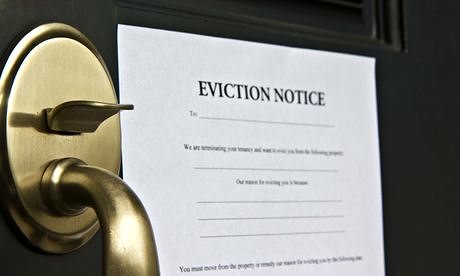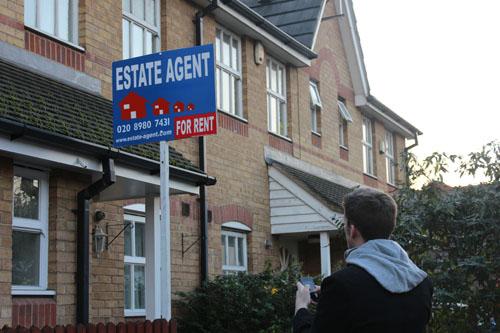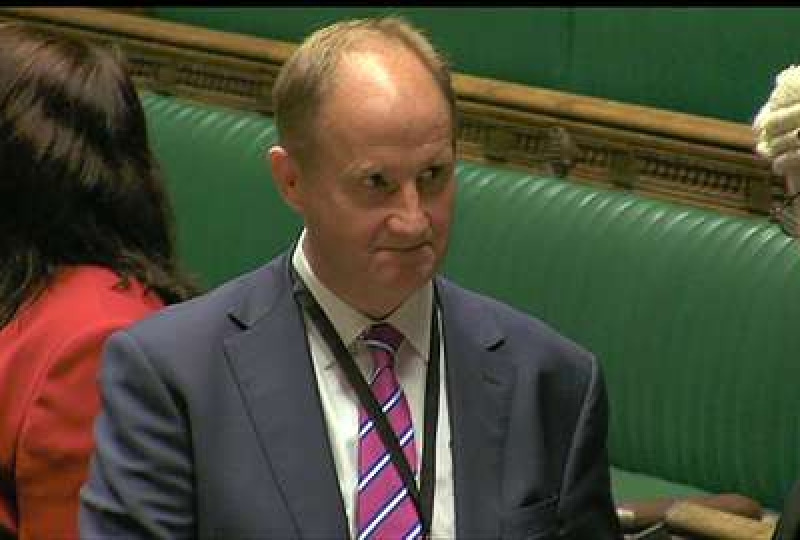
More than 170 tenants are being evicted every day according to 2015 Ministry of Justice figures.
More than half of the 42,728 evictions recorded in England and Wales last year were attributable to private landlords with rent arrears being cited as one of the most common factors. Retaliatory evictions of tenants who complain about poor property standards was also a factor in a significant number of the eviction cases. Many such evictions may have been brought forward in anticipation of laws against revenge evictions which entered into force on 1st October 2015.
It is believed that a significant fraction of the rise in evictions originated from the private rather than the social rental sector. Ministry of Justice figures show that the majority of evictions in 2015 resulted from a section 21 accelerated procedure which are usually a feature of private landlord evictions.
This situation is set to deteriorate as increasing numbers of people are forced into the rental sector due to the housing affordability crisis. According to information from the Association of Residential Letting Agents (ARLA), home ownership is expected to be permanently out of reach of around a fifth of people in the UK. Property unaffordability is exacerbated by rising rents with an average renter in the North East and London estimated to spend around £31,300 and £68,300 respectively on rent over a decade. To compound this situation further, rents are forecast to climb at a faster rate than house prices in future.




